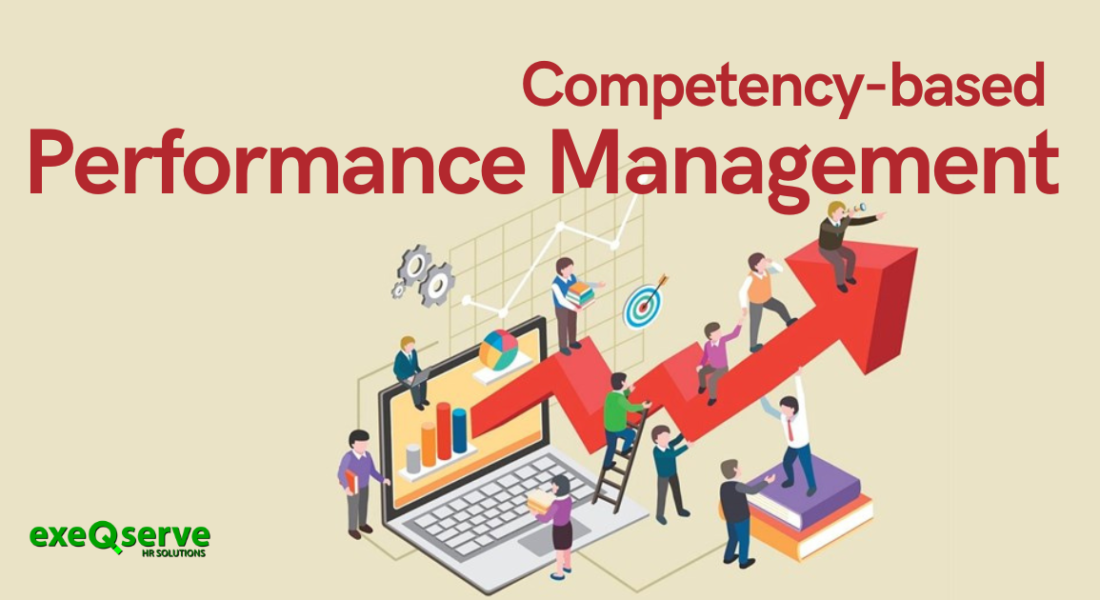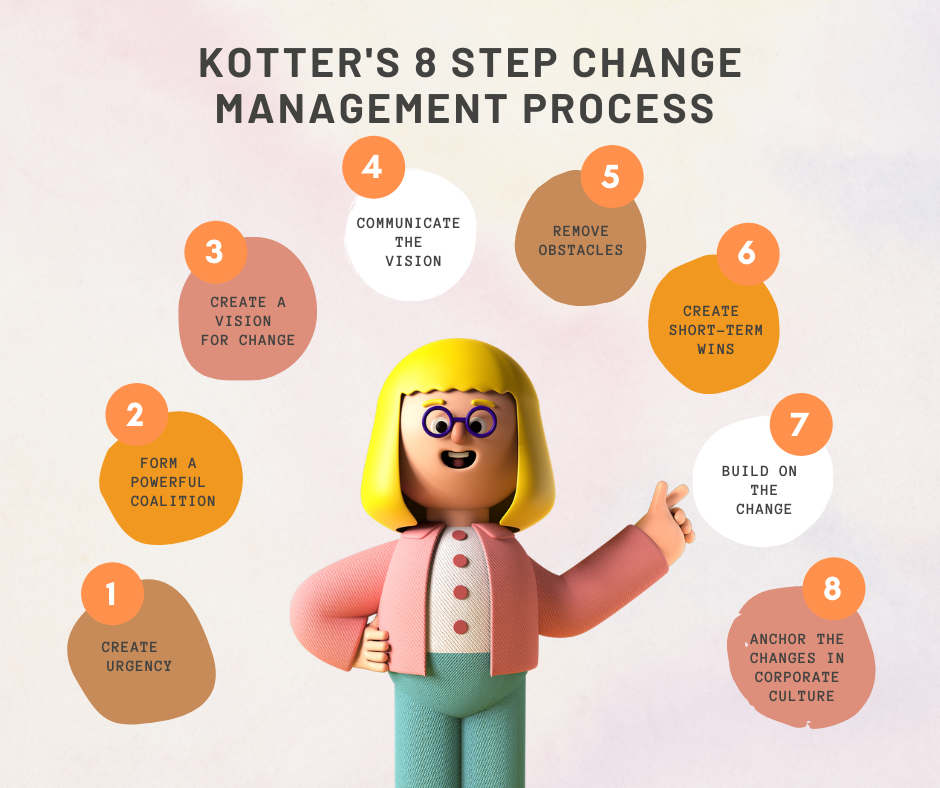Many organizations make the mistake of equating performance evaluation to performance management. A real performance management system promote performance improvement while a performance evaluation system provides data at best but mostly only promotes compliance among performance evaluators. An effective one promotes organizational or team alignment.
Team Alignment means that people see a line of sight from organizational goals to individual performance targets and that they are being equipped to give maximum contribution to the realization of said goals.
ExeQserve Corporation Consultants believe that the measure of a performance management system’s effectiveness is the general improvement in employees’ performance. If the system can’t do this, it is not worth the time and money invested in it. For performance improvement to take place however, users must use the system and tools according to their purpose. This can only happen if the users accept the role they play in the performance management scheme and know exactly how to use the available tools for performance management. These, we believe, are the causes and effects that we must address if we are to implement a useful performance management system that is aligned with the company’s strategic initiatives.
We propose to make some considerable revisions in the company’s existing system to achieve this proposal’s objectives. Our major strategy includes:
- Getting key employees involved in the change process;
- Training all involved in the concepts, development and use of performance management tools; and
- Follow a change management model to ensure institutionalization of the desired changes and the integration of performance management in the organization’s culture.
ExeQserve consultants have the experience and tools to carry out all attendant actions related to aforementioned objectives.







